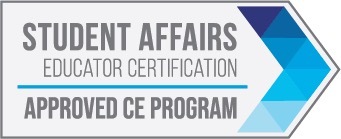
Evolving Student-Faculty Interactions: Predictors of Retention and Satisfaction Among Generation Z
-
You must log in to register
- Non-member - $179
- Member - $79

Bryan Romsa, EdD
Associate Professor
South Dakota State University
Bryan Romsa is an Associate Professor and Coordinator of Sport and Recreation Management Program at South Dakota State University (SDSU). Bryan teaches administration and marketing courses and serves as Chair of the Intercollegiate Athletic Board. Bryan has received multiple honors in teaching and research at regional and national levels. Bryan is the recipient of the Edward Patrick Hogan Award for Teaching Excellence, the College of EHS Outstanding Teaching Faculty: Service-Learning Award, the Sport, Entertainment, and Venues Tomorrow (SEVT) Best Research Paper Award, and the SDSU College of EHS Outstanding Early Career Faculty Teaching and Learning Award. Bryan publishes, consults, and presents on sport exit planning of NCAA student-athletes, student-faculty interactions as predictors of Generation Z retention and satisfaction, and recruitment and retention of NCAA student-athletes.

Katelyn Romsa, EdD, NCC
Associate Professor
South Dakota State University
Katelyn Romsa is Associate Professor of Counseling and Human Development at South Dakota State University (SDSU). Katelyn serves as the Coordinator of the Administration of Student Affairs (M.Ed.) and College Counseling (M.S.) specialty programs at SDSU and teaches higher education administration, college student development theory, academic advising, and practicum and internship courses. Katelyn has received multiple honors in teaching, mentoring, and research at regional and national levels including Outstanding Faculty for Advising and Mentoring, the Sport, Entertainment, and Venues Tomorrow (SEVT) Best Research Paper Award, and the South Dakota Higher Education Association Marcus Boesen Memorial Award. Katelyn publishes and presents on the following topics: student-faculty interactions as predictors of Generation Z retention and satisfaction, factors affecting the college choice of NCAA student athletes, and supervision models to maximize graduate student success.
This session will feature an interdisciplinary faculty presentation describing the results of this recent study, examining how the student-faculty interactions of 342 first-year Generation Z college students influenced retention and satisfaction at a public land-grant institution in the Midwest.
Presenters will discuss the evolution, status, and future of the NSSE, and how it can be utilized to improve student learning and development. Specifically, presenters will describe how they integrated the student-faculty interactions and effective teaching practices engagement indicators along with the students' responses to their overall satisfaction in their study. Next, presenters will share the method of their study which employs a quantitative analysis to explore the student-faculty interactions of first-year Generation Z college students at comprehensive public land grant institution in the Midwest. Next, the presenters will share their significant findings and how they illuminate a strong relationship between student-faculty interactions, student satisfaction, and student retention. After summarizing the method and findings of their study, presenters will share recommendations for future research and student affairs policy and practice to foster evolving student-faculty relationships. A discussion between presenters and audience members related to how the NSSE instrument can be utilized as well as practical ideas for faculty and student affairs professionals as they engage in empirically proven, evolving student-faculty interactions will conclude the presentation.
Learning Outcomes:
Please provide three to four learning outcomes for the webinar.
· To learn about the presenters’ recent study that examined the evolving student-faculty interactions of first-year Generation Z college students
· To understand the evolving needs, characteristics, and learning styles of Generation Z college students
· To identify practical ideas for faculty and student affairs professionals as they engage in empirically proven, evolving student-faculty interactions with Generation Z college students.
Continuing Education Credits
Participants who complete the course will be eligible for Continuing Education (CE) credits in either the Core Student Affairs Educator Certification (CSAEd™)
NASPA has been approved by the Higher Education Consortium for Student Affairs Certification to provide CE credit for Certified Student Affairs Educators (CSAEd). NASPA is solely responsible for all aspects of this program.
Guidelines for earning CE credit:
1 CE is awarded for attending this live session or watching the on-demand recording.
No partial credit will be rewarded.
Participants must also complete the feedback survey in the Online Learning Community.
Credit is available for attending the live session and viewing the on-demand recording.
To receive CSAEd credit, attendees must complete the Feedback Survey in the online event offering the certification. Once the survey is completed, your Certificate will be available in the event modules. The Certificate of Completion, which will show the event and credit earnings, is available for download and/or print from the event in your Online Learning Community.











